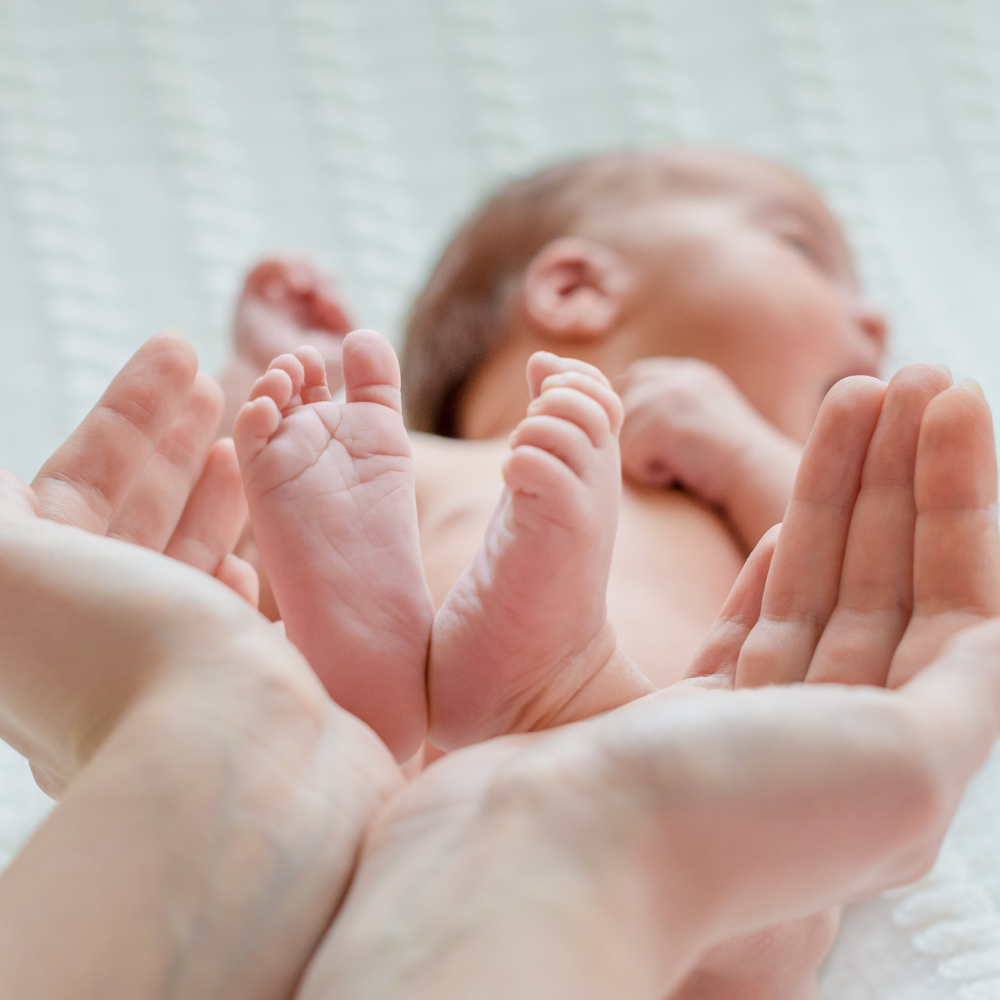
In the United Kingdom, a baby was born using the DNA of three individuals for the first time, according to sources. The majority of their DNA comes from their two parents, with less than 0.1% coming from a female donor.
The unique approach seeks to prevent the onset of devastating mitochondrial disorders in future generations by preventing their transmission during pregnancy. There have been less than five births of this kind, but no other information has been made public.
It is impossible to treat mitochondrial illnesses, and they almost always result in death within a few hours or days following birth. Some families who have suffered the loss of several children consider this method to be their only opportunity to have a child that is healthy.
Mitochondria are the little compartments found inside practically every cell that are responsible for converting the energy in meals into a form that can be used. Damage to the brain, loss of muscle mass, heart failure, and even blindness can occur when mitochondria in the body become dysfunctional and unable to perform their vital functions.
They are only transmitted by the mother. Hence, the mitochondrial donation treatment is an adapted form of IVF in which healthy donor egg mitochondria are utilized. However, mitochondria have their own genetic information or DNA, so technically the offspring inherit DNA from their parents and a small amount from the donor. This is a transformation that will be inherited by future generations.
This donor DNA has no effect on other characteristics, such as appearance, and does not comprise a "third parent". The technique was pioneered in Newcastle, and in 2015, legislation was enacted to permit the birth of such children in the United Kingdom. However, the United Kingdom did not promptly proceed. In 2016, the first baby was delivered to a Jordanian couple receiving treatment in the United States.
As of 20 April 2023, the Human Fertilisation and Embryology Authority (HFEA) reports that "less than five" infants have been born. It does not provide exact figures to prevent identifying the families. The Guardian newspaper submitted a Freedom of Information Act request to obtain these limited details.
The birth of a small number of babies with donated mitochondria in the United Kingdom is the next stage in what will likely remain a slow and cautious process of evaluating and refining mitochondrial donation, according to Sarah Norcross, director of the Progress Educational Trust. There has been no communication from the crews in Newcastle, so it is unknown whether the technique was successful.
Prof. Robin Lovell-Badge of the Francis Crick Research Institute stated, "It will be interesting to see how well the mitochondrial replacement therapy technique worked in practise, if the babies are free of mitochondrial disease, and if there is a risk that they will develop problems in the future."
Technically, there is a risk of "reversion" in which any defective mitochondria that are passed down could increase in number and still cause disease. It was once estimated that up to 150 of these infants could be born annually in the United Kingdom.



